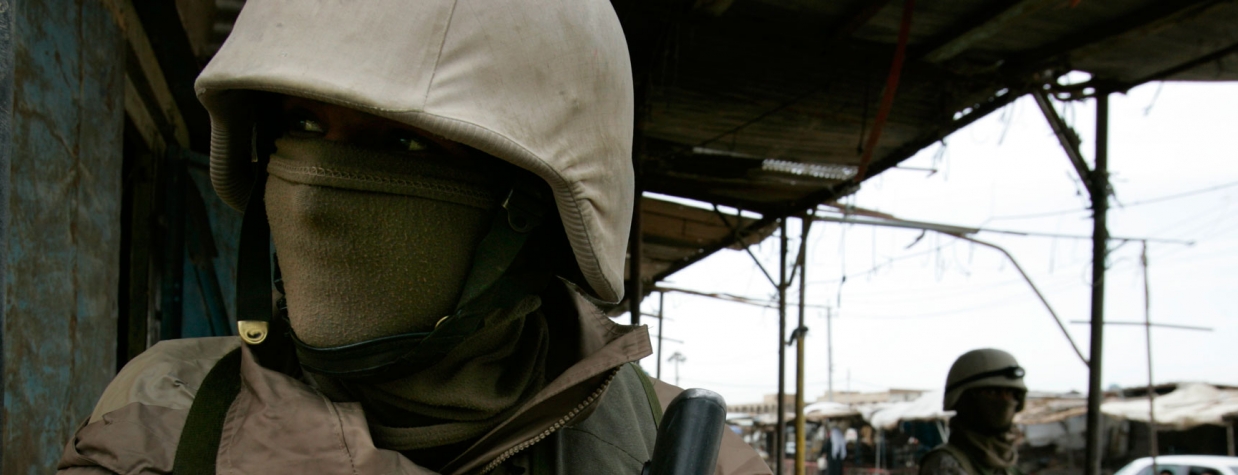Education for Public Inquiry and International Citizenship | (EPIIC)
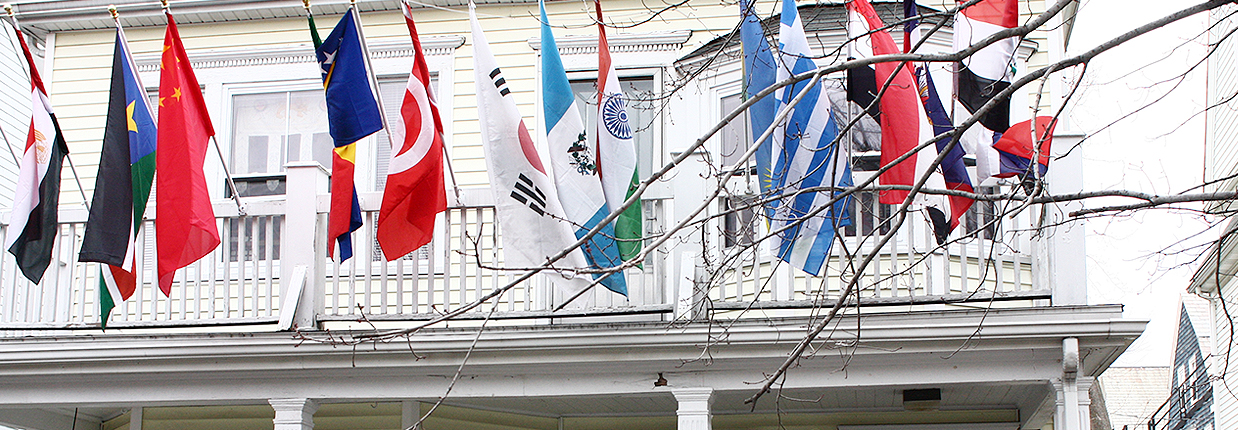
EPIIC Alumni
View All-
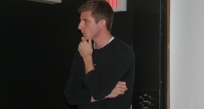
Samuel James '08
-

Ashish Malhotra '11
-

Katherine Conway '13
-

Shanti Sattler '07
-
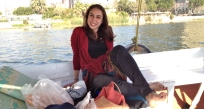
Sarah Arkin '06
-

Nicki Sobecki '08
-

Alexandra Taylor '09
-
Megan Kearns '10
-
Adam White '09
-
Matan Chorev '05
-

Jesse Sloman '09
-
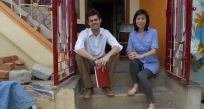
Matt Edmundson '05
-
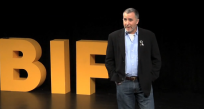
Teny Gross '90
EPIIC Symposium 2012: Conflict in the 21st Century
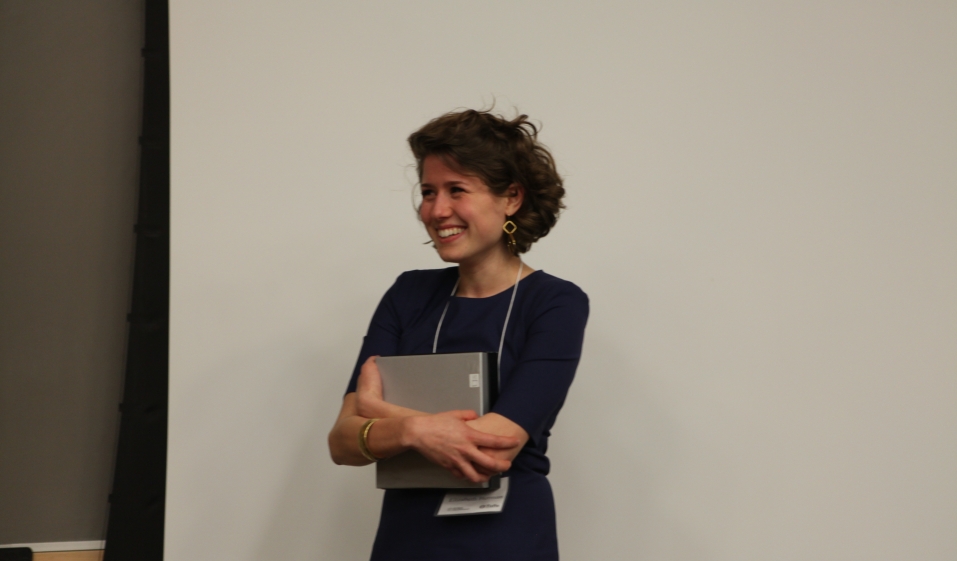
IGL alumna, Elizabeth "Biz" Herman, wins the first annual Tim Heatherington award for photojournalism.
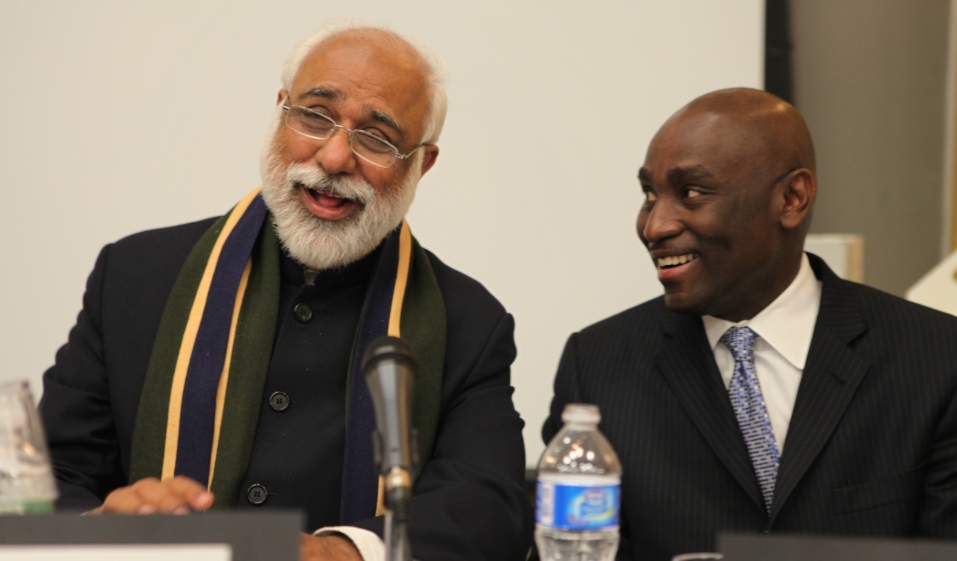
EPIIC 2012: Responsibility to Protect, Right to Prosecute? EPIIC alumni, Abiodun Williams and Kishore Mandhyan, share a laugh during panel.
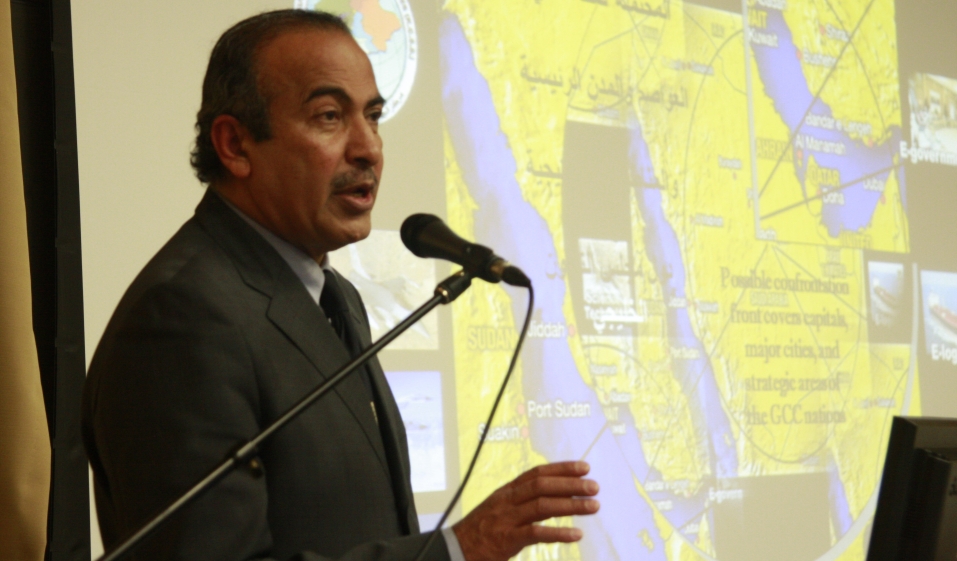
EPIIC Symposium 2012: Resource Wars Sami Al-Faraj speaks
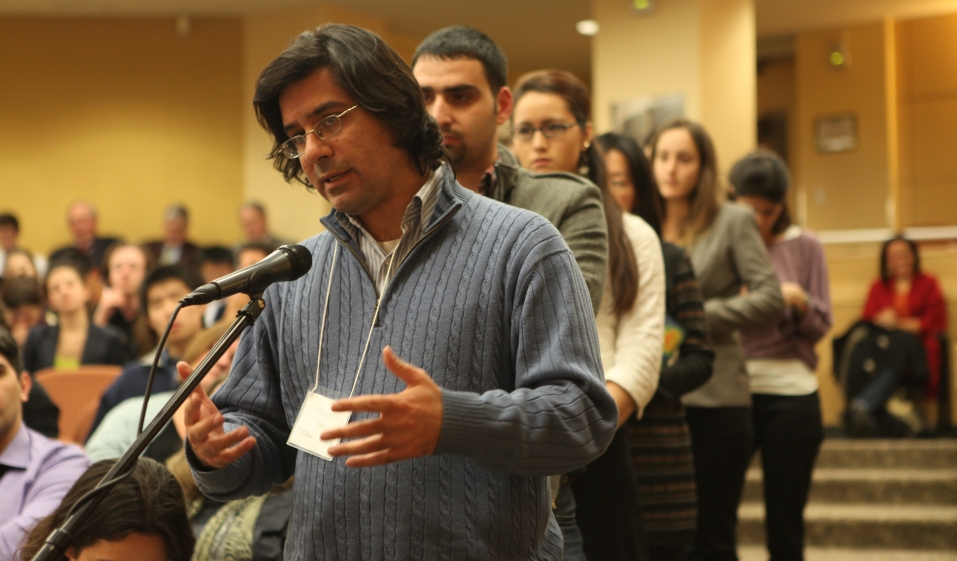
EPIIC Symposium 2012: Resource Wars EPIIC alumnus, Amir, asks the panelists a question
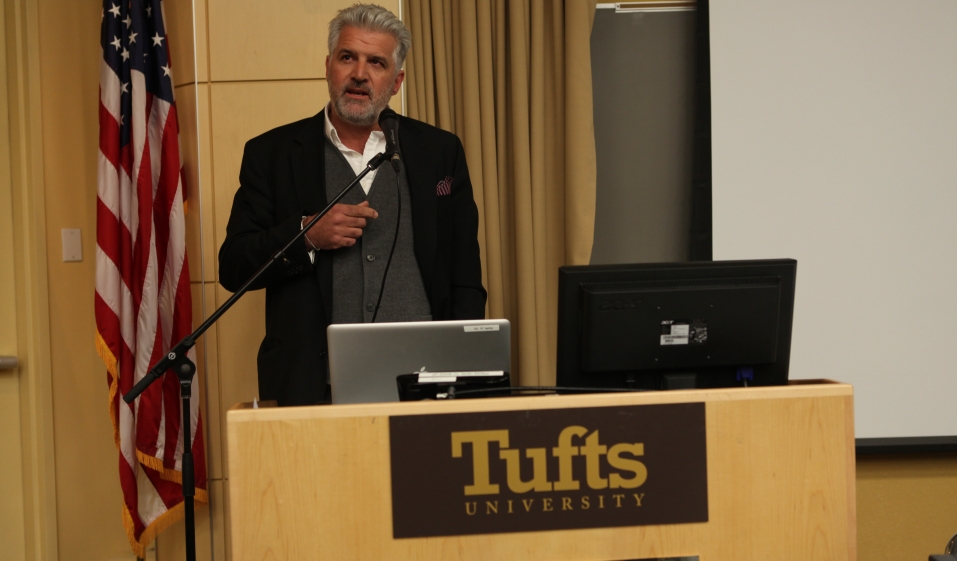
EPIIC Symposium 2012: Media and Warfare Program for Narrative and Documentary Practice Director, Gary Knight, speaks about the role of the media in warfare
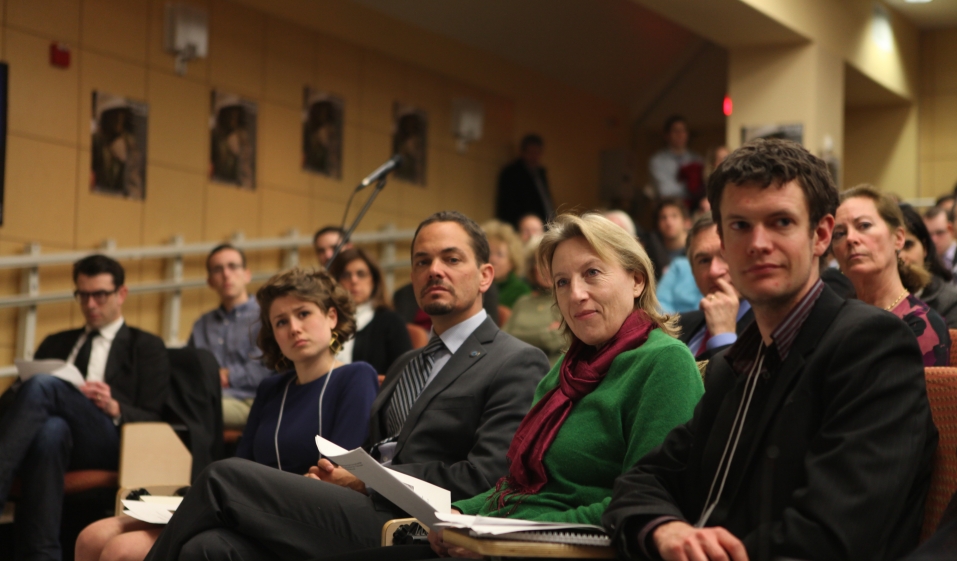
EPIIC Symposium 2012: Media and Warfare IGL alumni, Elizabeth Herman and Nick Birnback, and fellow panelists Carlotta Gall and Daniel Bennett listen to a presentation
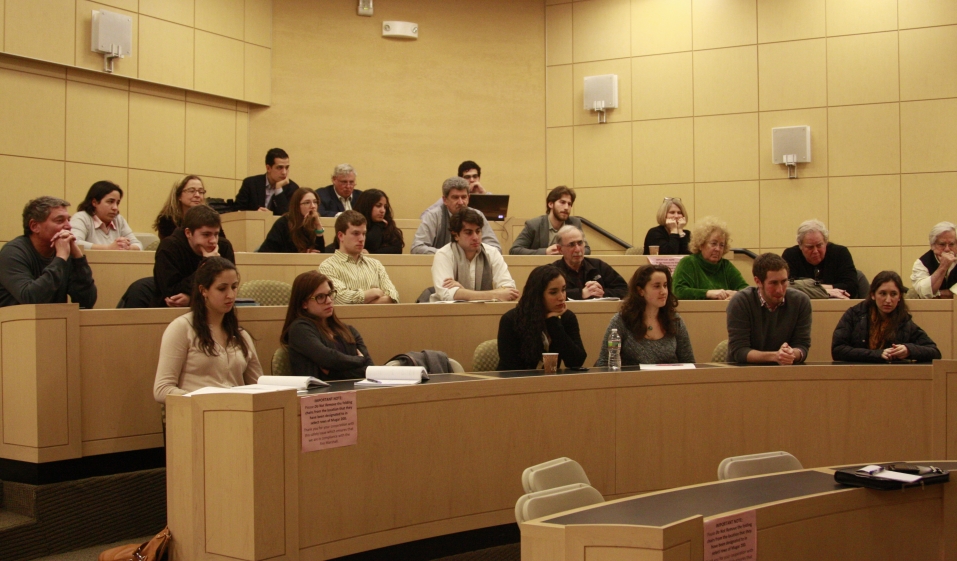
Breakout session on Israel and Iran
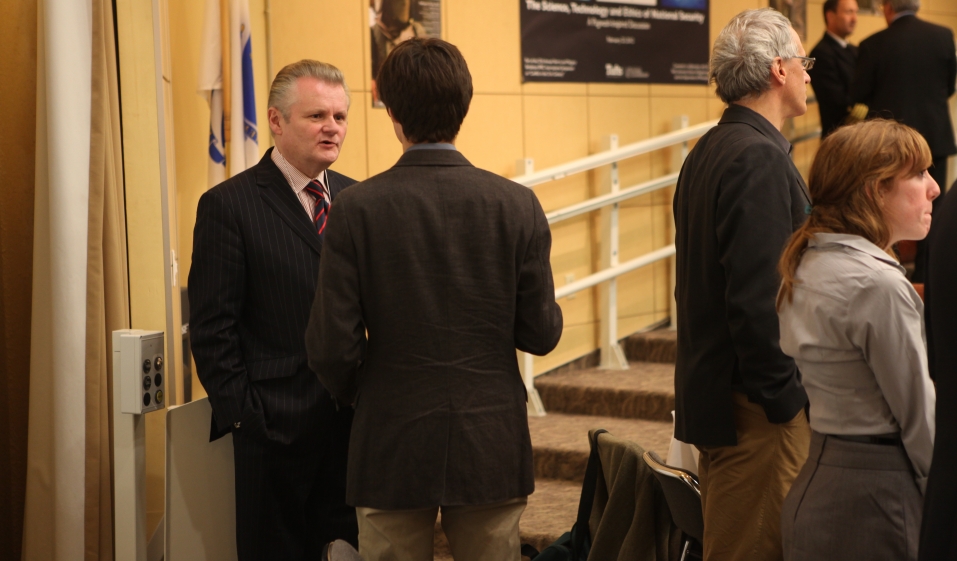
EPIIC Symposium 2012: Money, Munitions, and Markets Mark Baillie speaks with an attendee after the panel
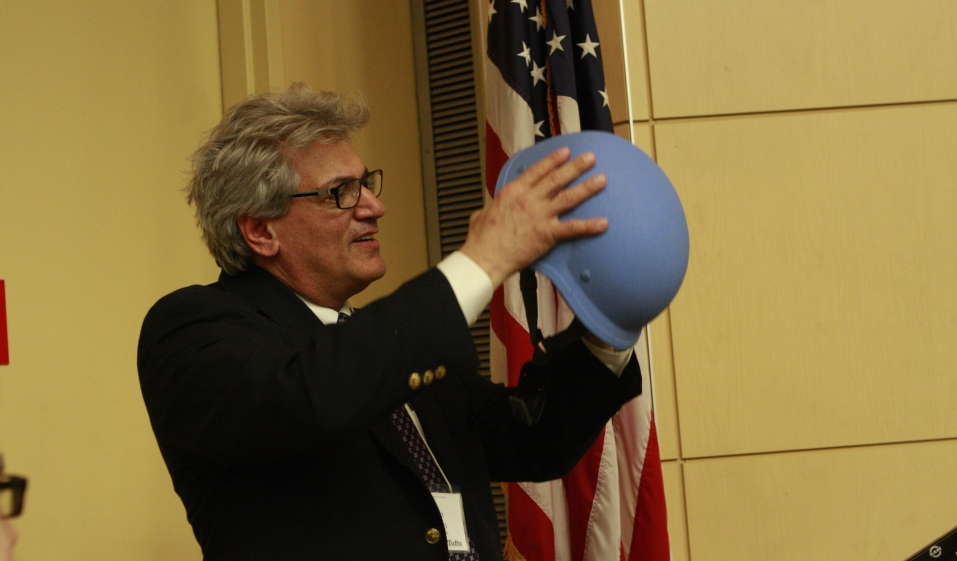
EPIIC Symposium 2012: Future Flashpoints Director, Sherman Teichman, tries on a UN peacekeeping helmet given to him as a gift by alumnus Nick Birnback
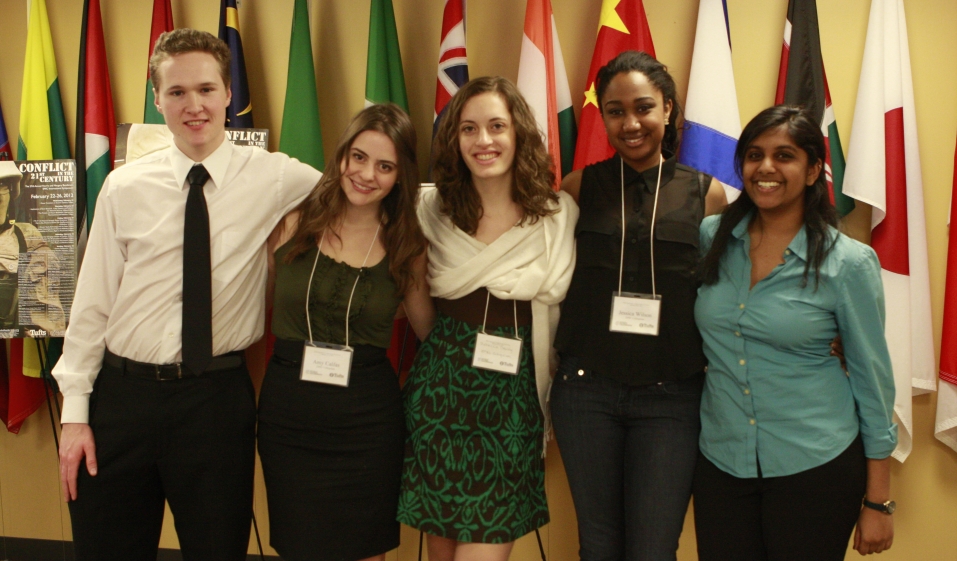
EPIIC Symposium 2012: Future Flashpoints Members of the EPIIC class pose together
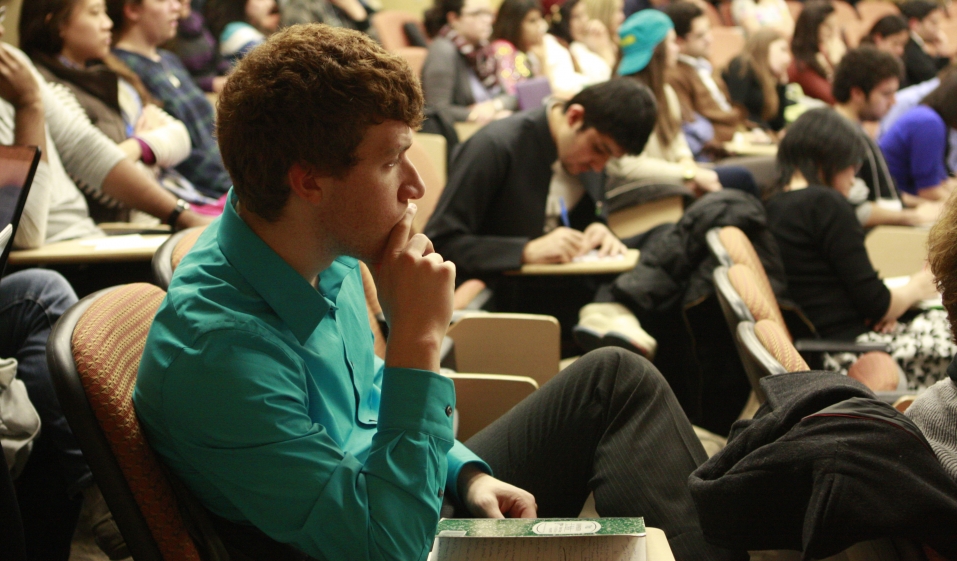
EPIIC Symposium 2012: Post-Conflict Challenges and Building Peaceful Societies Students listen earnestly to the discussion
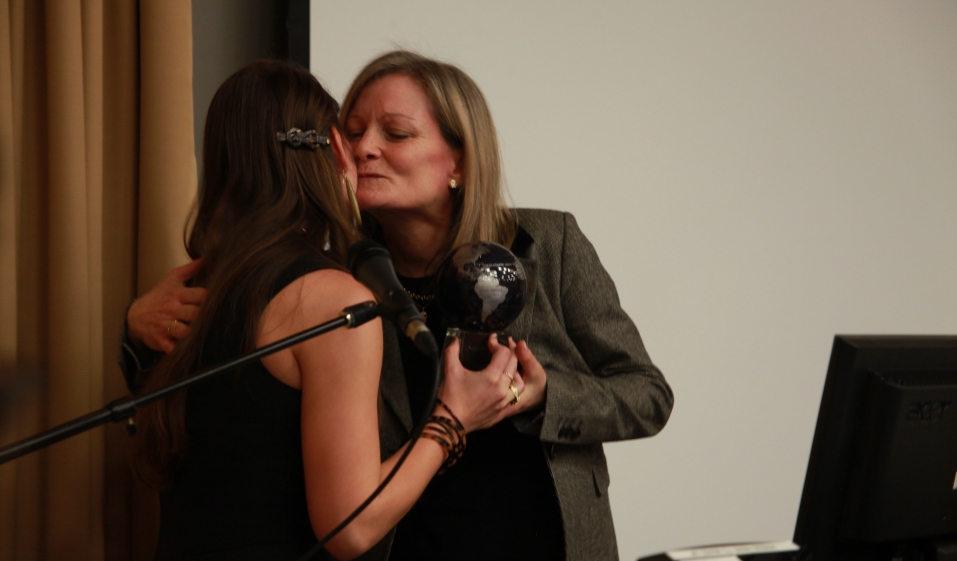
EPIIC Symposium 2012: Post-Conflict Challenges and Building Peaceful Societies EPIIC student, Lily Anderson, presents a Dr. Jean Mayer award to Susan Bissell
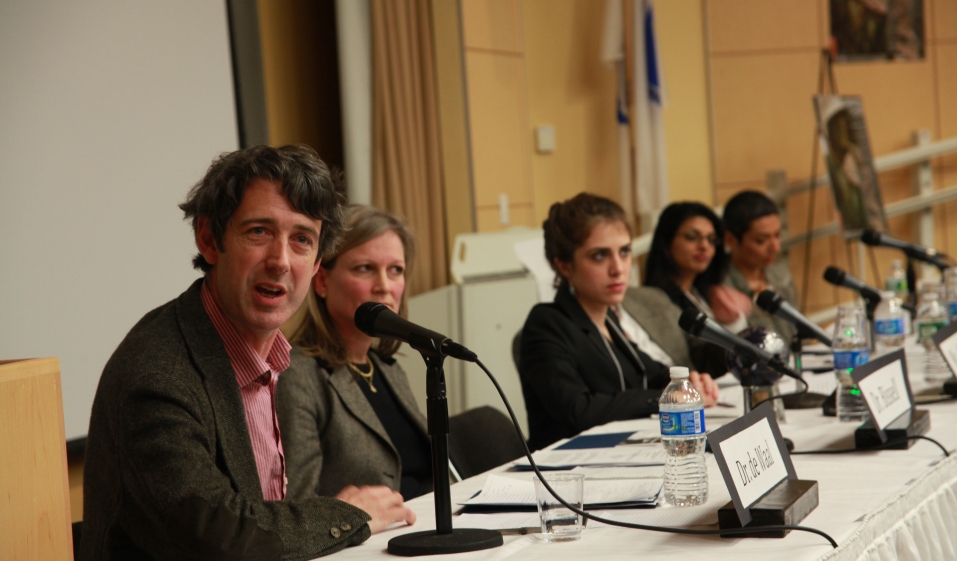
EPIIC Symposium 2012: Post-Conflict Challenges and Building Peaceful Societies Alex De Waal speaks on the panel
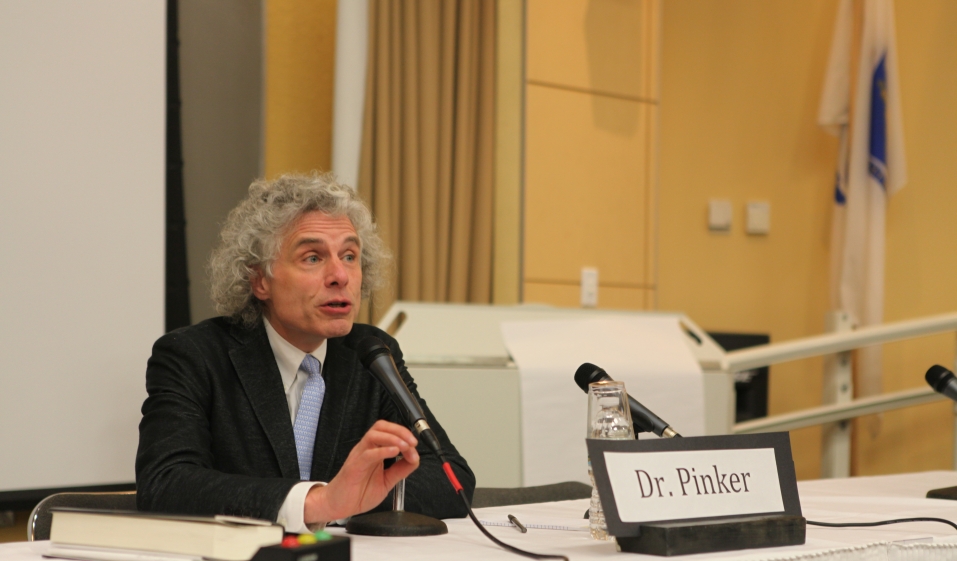
Dr. Jean Mayer award winner, Dr. Steven Pinker, gives a keynote address
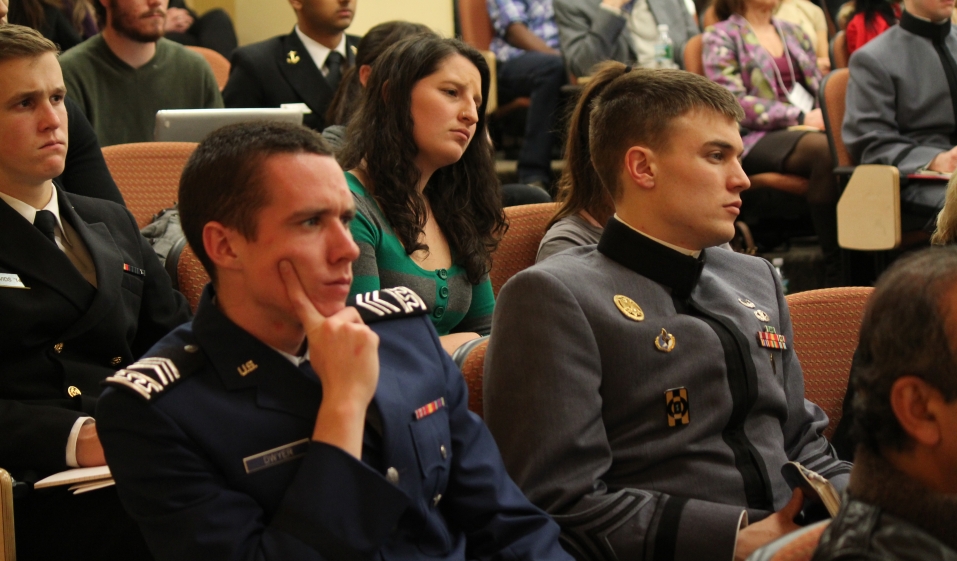
EPIIC 2012: Eye to Eye, Drone to Drone The crowd features cadets from various military academies across the United States
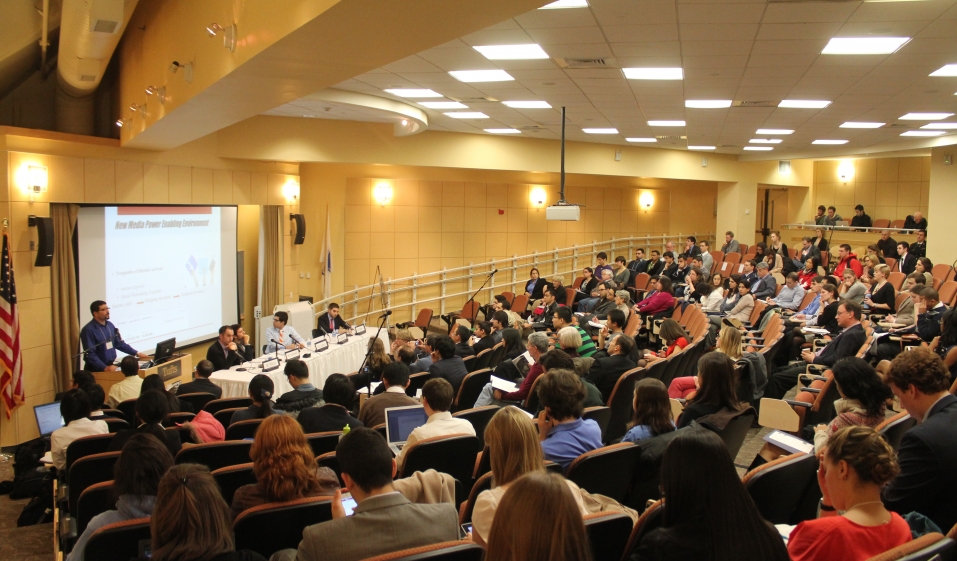
EPIIC Symposium 2012: #Power: Youth, Technology and the State The large crowd for this panel on the power of youth and technology
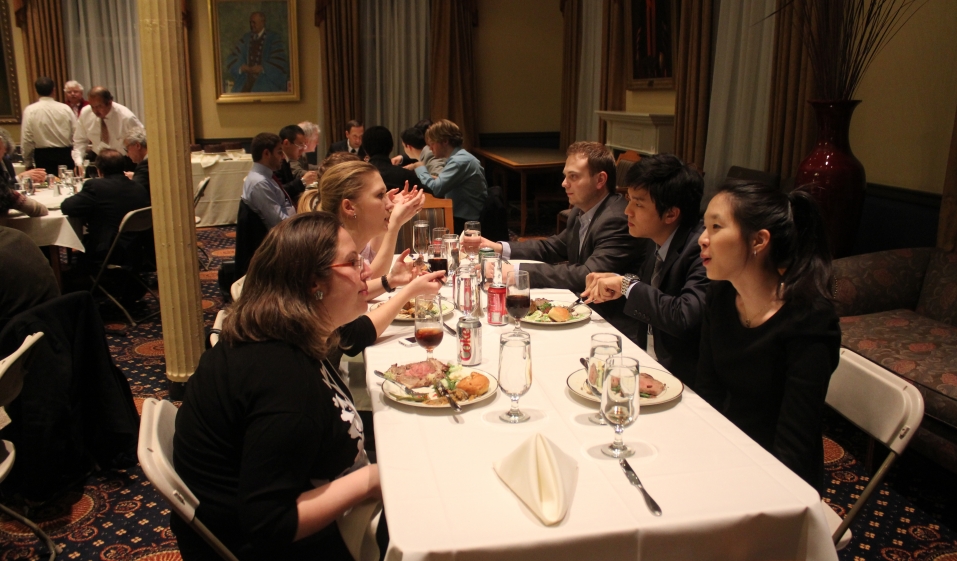
Students share ideas at an informal dinner
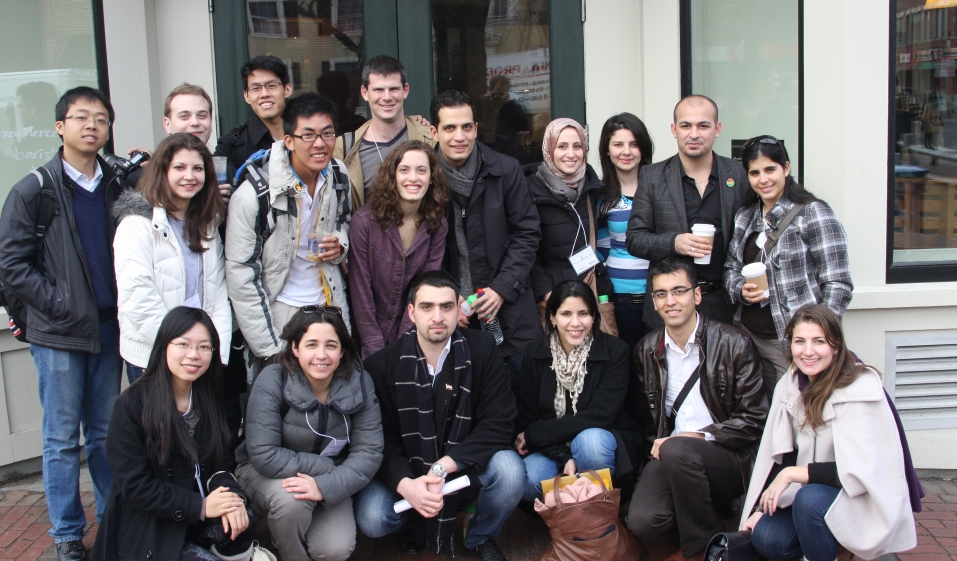
Members of the EPIIC class take the TILIP students out to see the sights in Boston
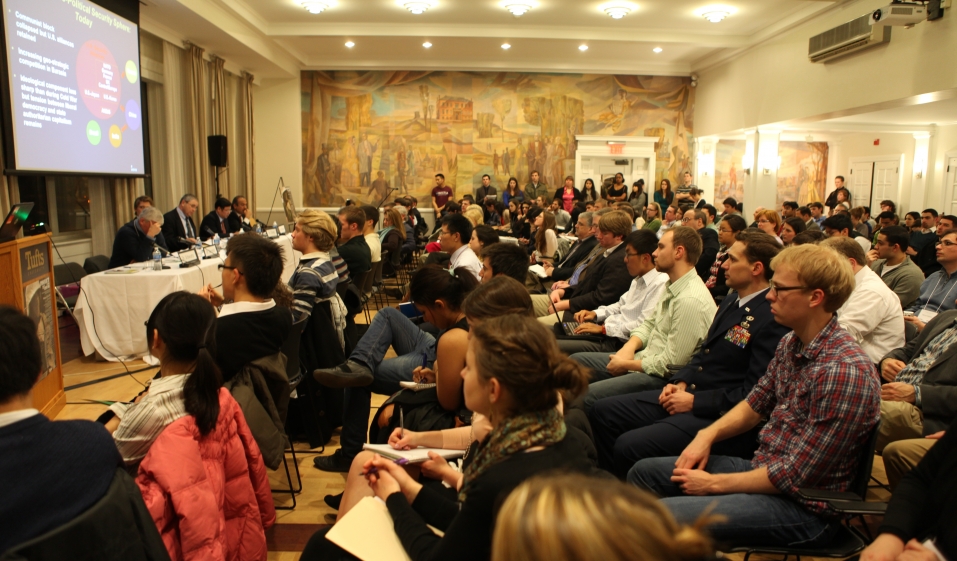
EPIIC 2012: Powers Transitions in the 21st Century The crowd fills the Alumnae Lounge
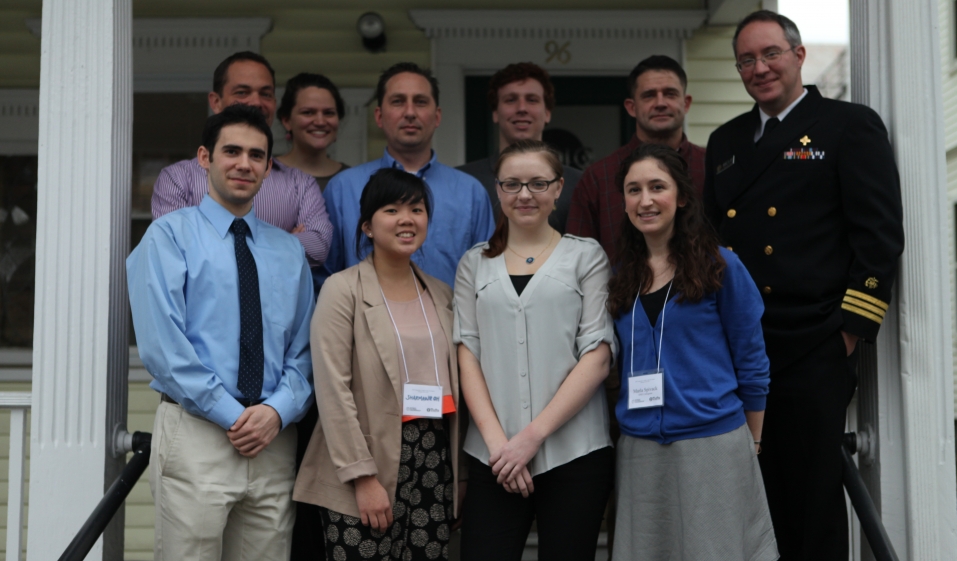
Voices from the Field
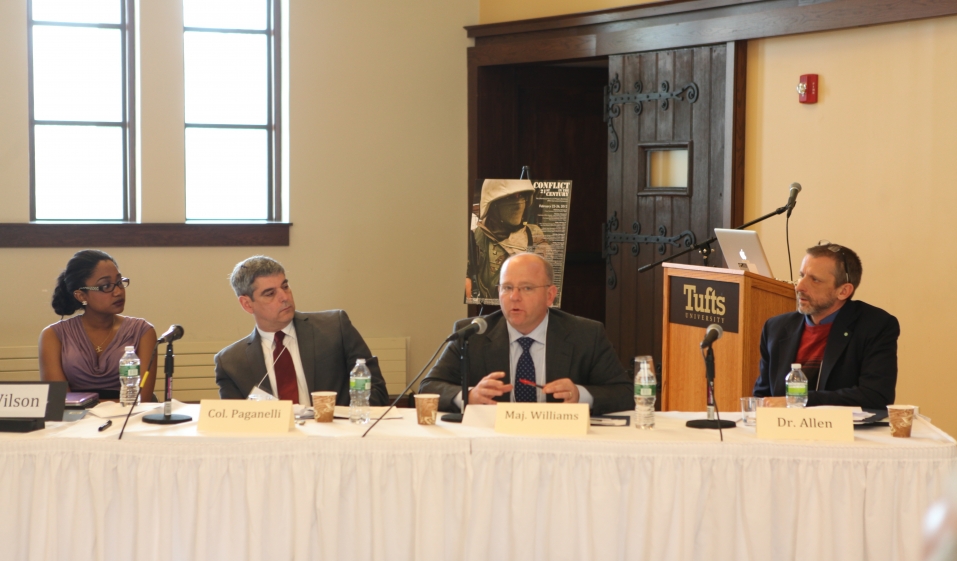
EPIIC 2012: Pugwash Discussion The panelists of the 2012 Pugwash Discussion on Science, Technology, and the Ethics of National Security
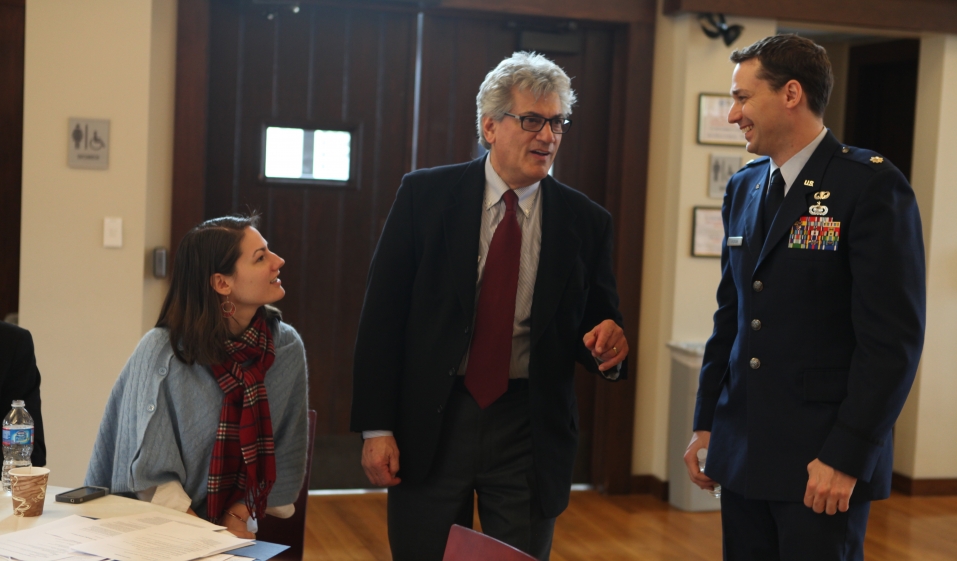
EPIIC 2012: Pugwash Discussion Director Sherman Teichman speaks with a panelist and a student after the Pugwash discussion
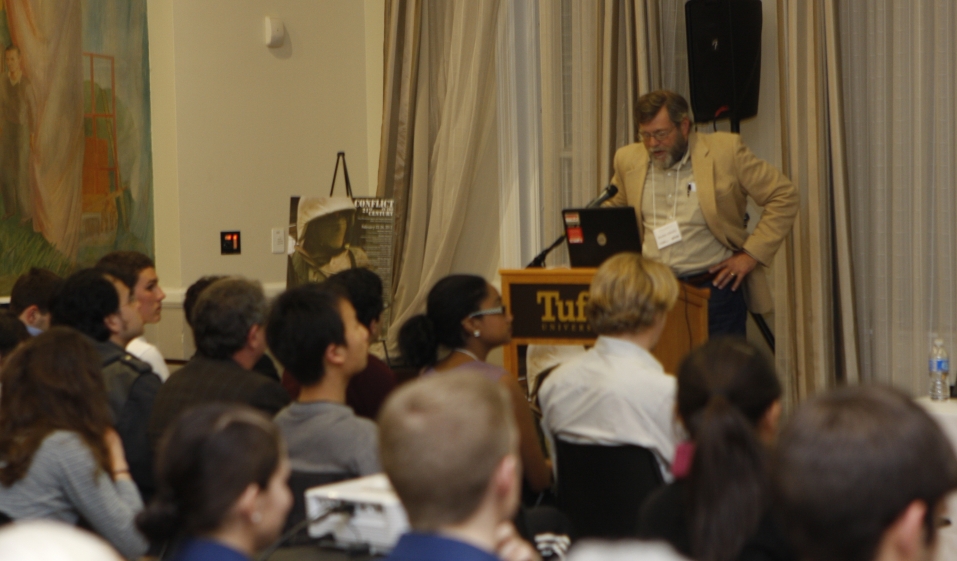
EPIIC 2012: Present and Future of the Battlefield Ronald Arkin speaks to the crowd
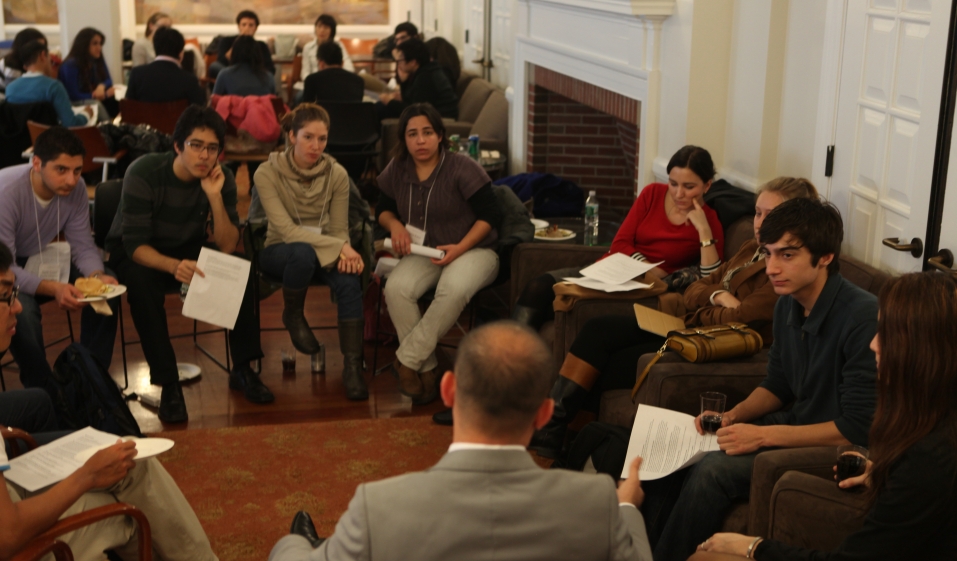
The EPIIC students share ideas and research with the international students

